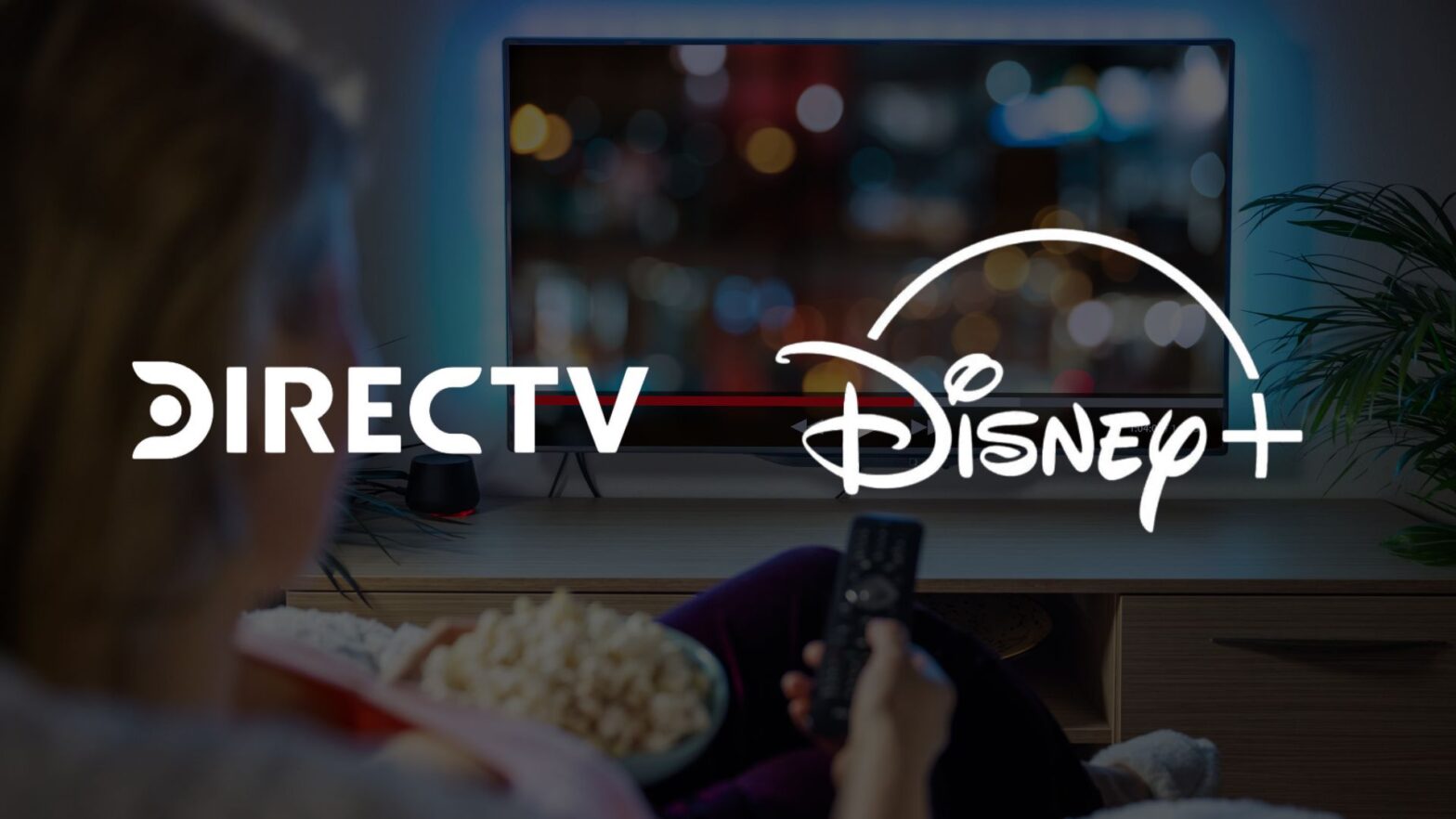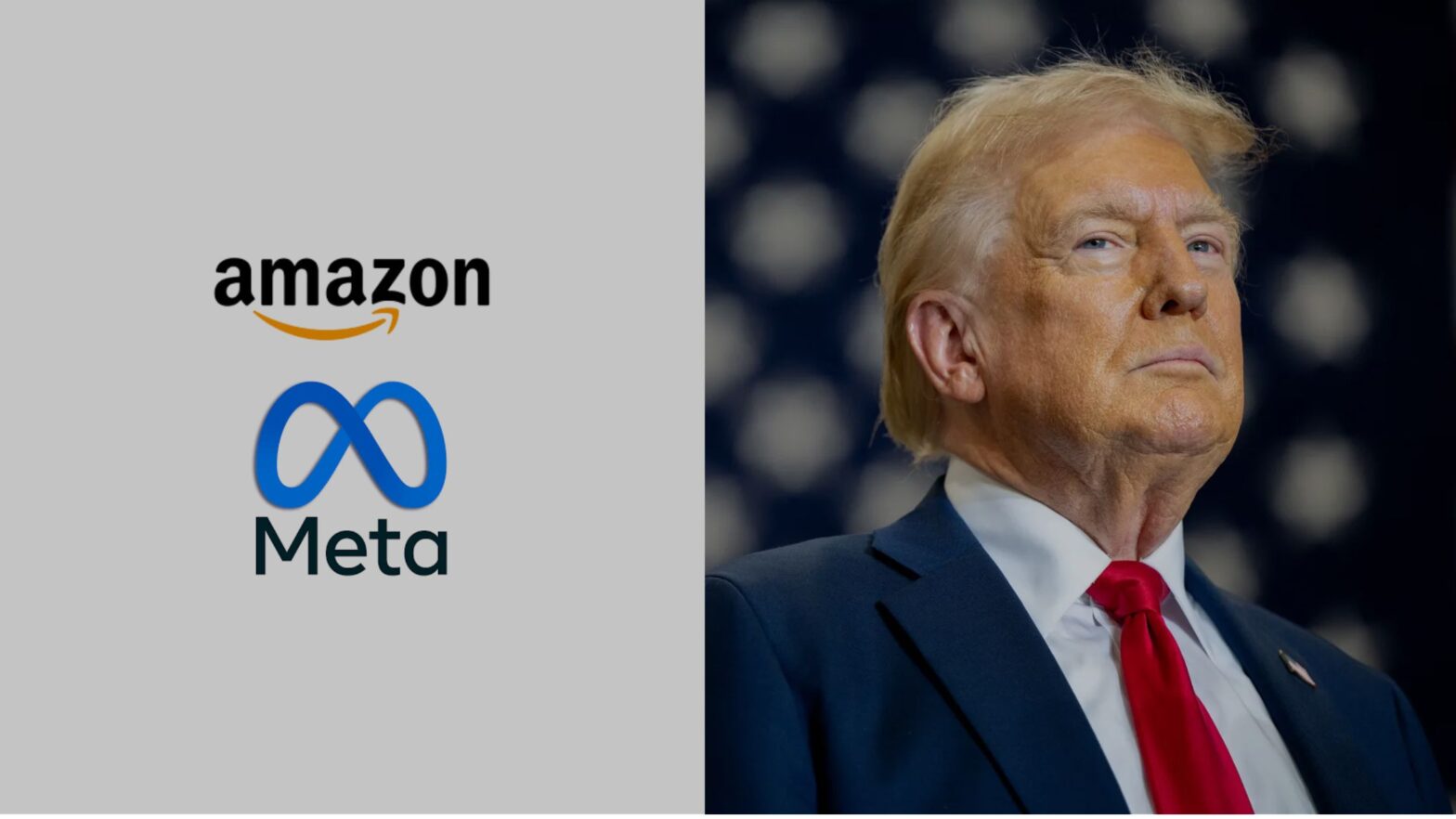The conflict between DirecTV and Disney, how it affects subscribers and the future of media
October 1, 2024

Recently, millions of DirecTV subscribers in the United States were hit with unexpected news: the loss of access to ABC and ESPN channels due to a contract dispute with Disney. This clash between media giants has caused widespread concern, especially during key moments for sports fans, with the NFL season kicking off and the US Open tennis tournament in its final stages. The dispute between these two companies highlights deeper issues within the television industry, where content control and retransmission fees are the main sources of tension.
The riogins of the conflict
The DirecTV-Disney conflict stems from disagreements over retransmission fees. These fees are the costs that cable or satellite TV providers like DirecTV must pay to major media companies like Disney to offer their channels to subscribers. As the costs of premium content, such as live sports, continue to rise, media companies are demanding higher fees from distribution platforms. In this case, Disney is pushing for an increase in DirecTV’s payments to continue offering its channels, something the satellite TV platform has refused to accept.
Disney defends its stance by stating that its fees reflect the value of its content, especially with high-viewership sports events and entertainment franchises that draw millions of viewers. On the other hand, DirecTV accuses Disney of leveraging its market power to impose anti-competitive fees, directly impacting consumers who lose access to the channels they pay for.

Impact on consumers
The suspension of ABC and ESPN channels has dealt a major blow to millions of DirecTV subscribers. With the NFL and US Open tennis in full swing, sports fans have been the hardest hit. These channels are essential for live sports events, and their absence has caused frustration and complaints from users. Additionally, ABC is one of the most-watched television networks, not just for its sports coverage but also for its entertainment and news programming.
DirecTV subscribers aren’t just losing access to high-profile programs and sports events; they also face a tough decision. Many are considering switching providers or subscribing to alternative streaming services that still offer these channels. This reflects a growing trend in media consumption, where streaming is gaining ground over traditional cable and satellite TV services.
Repercussions for the media industry
This conflict between Disney and DirecTV is not an isolated incident; rather, it’s a symptom of a larger issue in the media and television industry. In recent years, there has been a growing concentration of power in the hands of large media conglomerates like Disney, which own a vast portfolio of channels and content franchises essential for distribution platforms. This gives them significant leverage in retransmission negotiations.
On the other hand, platforms like DirecTV are navigating an increasingly competitive environment, where they must balance offering high-quality content with the costs involved. Consumers are demanding exclusive, high-definition content that’s accessible across multiple devices, driving up operational costs. However, these cost increases are reflected in the fees subscribers must pay, leading to dissatisfaction and, in many cases, migration to more affordable alternatives like streaming services.
The future of negotiations
Although both sides have expressed interest in reaching an agreement, the terms remain a sticking point. Disney, with its strong presence in the media and live sports market, holds an advantageous position. However, if this conflict drags on, it could also hurt Disney’s reputation, as many consumers might opt for services that don’t rely on Disney’s channels, such as streaming platforms that don’t require retransmission deals.
For DirecTV, the challenge is retaining loyal subscribers in an environment with more entertainment options than ever. In addition to the loss of sports events, DirecTV subscribers may also face limited access to other ABC and ESPN programs, potentially leading to a decline in its customer base.
What does it mean for consumers and the industry?
This conflict reflects the tensions in the television and media industry, where major content companies and distribution platforms are vying to stay relevant in a rapidly changing market. While Disney seeks to maximize its revenue through higher retransmission fees, DirecTV faces the tough task of justifying these costs to its subscribers.
The outcome of this dispute could set a precedent for how retransmission rights are negotiated in the future. For consumers, it’s a clear sign that the television landscape is shifting rapidly, and disputes between companies could leave them without access to their favorite programs and events if not resolved properly. As streaming continues to gain ground, traditional platforms like DirecTV will need to find new ways to compete and deliver value to their customers in an increasingly digital environment.




